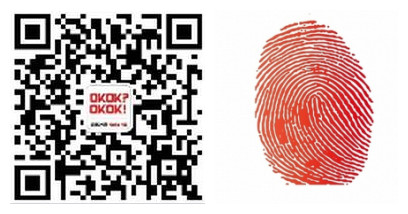Before one of my editors sent me an article on "slash careers", I had known only the Hollywood jargon of "hyphenate" to help describe someone holding concurrent multiple jobs.
Actually, the choice between "slash" and "hyphen" has always confounded me. Say, in the form of writing dates, Americans seem to go with hyphens, as in 03-09-2016, while Europeans prefer the slash, such as 09/03/2016, with the day and month reversed. The Chinese order is of course year, month, day, but most of us probably use dots for the punctuation.
I guess a hyphenate tends to be someone who holds more than one job in the same field. George Clooney is a producer-director-actor. And many of my colleagues are reporter-editors, going out on assignments one week and staying in the office to do a page the next.
The theory of economics says that specialization benefits everyone because it raises productivity. But carried to the extreme, it can turn a person into a machine. In an age of rapid changes, we need people who know not only the trees but the woods as well. I have always believed that writers for the screen or stage should think about directing and vice versa. Not everyone can cross over and do both, but the work is not really that clear-cut. When I direct my stage plays, I make changes to the scripts as I see fit. The scuffle between writer and director happens within my mind.

Yes, I dabble in critical and creative writing (and directing) on the side. A real "slash" person is someone who transcends normally unrelated fields. And I can tell you it's both liberating and frustrating. In college, I majored in English language and literature, then moved on to work in Silicon Valley. Back in China, I was recognized mostly as a film critic, but I love my job writing about China - in English. For the first several years at China Daily, I refused to write about film because I did not want to be seen as capitalizing on my hobby. But eventually my English writing on China's film industry seemed to get the most attention.
"So, who are you? What are you good at?" For many years at CCTV's English channel, I was a talking head commenting on all kinds of topics, including the economy and foreign relations. Later, its editors decided to narrow down my scope. "If you're good at everything, then you're good at nothing," they said, which was probably some feedback from viewers. So I picked culture and social issues, the same kind of topics I select for my "X-Ray" column in this paper.
There are a lot of words in the English language related to work: job, career, occupation, profession, vocation, calling, pursuit, metier, forte ... OK, the last two might not be considered English. Still, these subtly distinguish what you want to do and what you actually do either for a living or as a hobby. It's so complicated, I figure, that "slash" comes out as a miracle word, or mark. But don't get carried away. A handful of intrinsically connected "slashes" may yield a fuller person, but too many would look like an elliptically written resume.
By Raymond Zhou (China Daily)
Using WeChat? Scan QR Code or Press the Fingerprint Below ↓
--- (Or ADD WeChat ID: OKOKOKOKnet)
